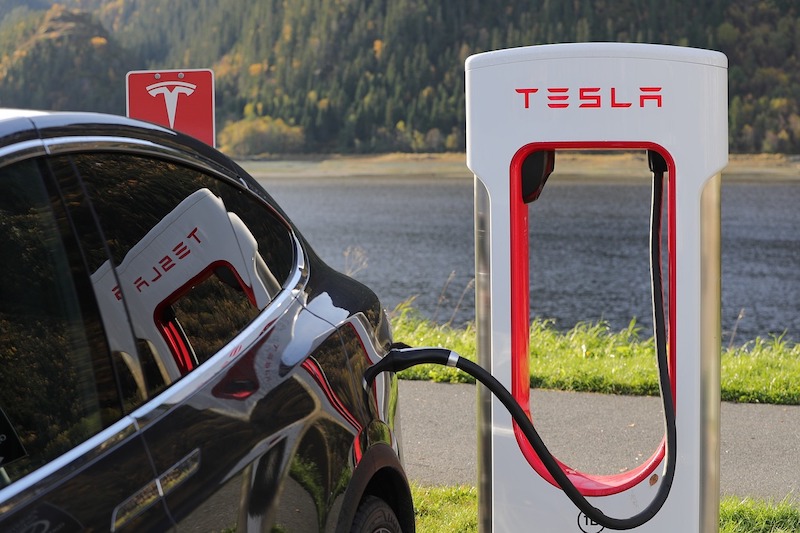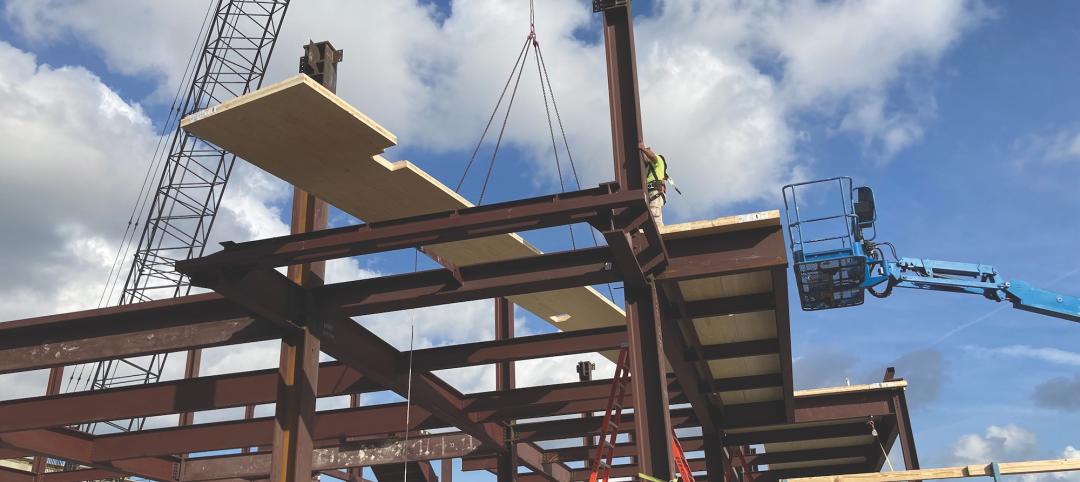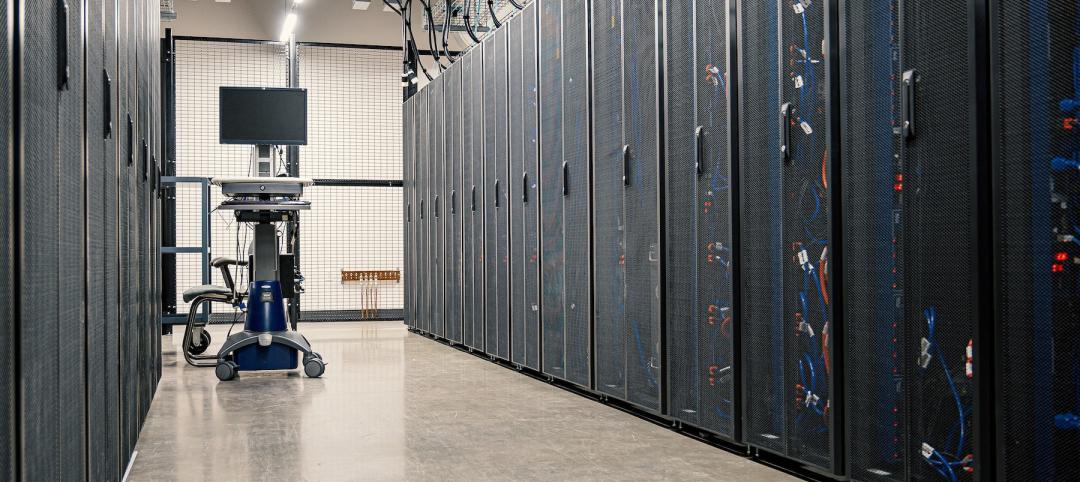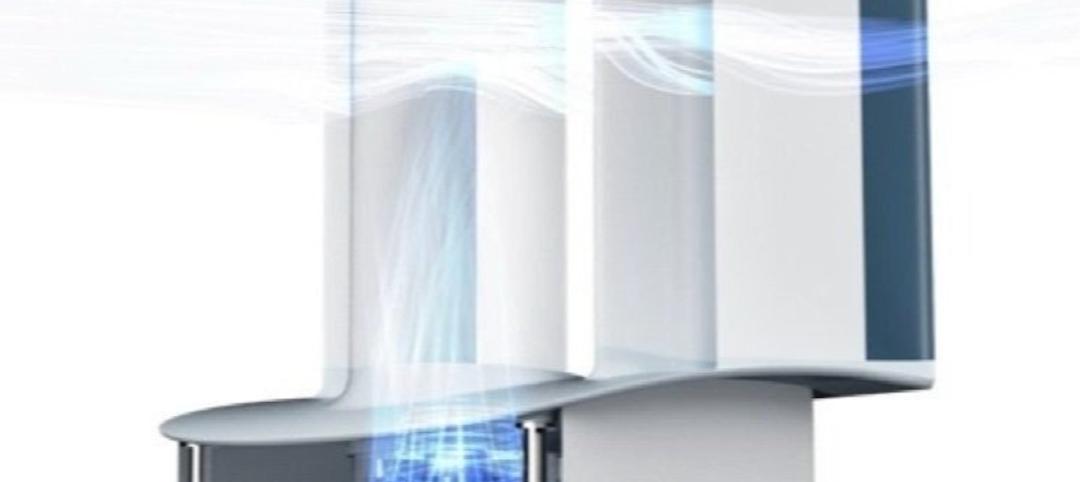New Jersey recently approved an electric vehicle-ready requirement for new single-family residences.
Developers are required to “offer to install, or to provide for the installation of, an EV charging station into a dwelling unit when a prospective owner enters into purchase negotiations.” The rule applies to any development of 25 or more dwelling units.
Developers are required to inform the prospective buyer of the cost of the installation, as well as the environmental benefits and potential cost savings of an electric vehicle. In addition, the buyer must be provided information on applicable credits, rebates, or other incentives that may apply.
If the buyer elects to have a charging station installed, the developer must complete the work before the closing of title. The law went into effect on Dec. 13, 2020.
Related Stories
Legislation | Nov 13, 2022
U.S. voters pass numerous affordable housing measures
Voters in many U.S. jurisdictions passed housing measures Nov. 8 that will collectively set aside billions of dollars in new funding to create more affordable housing and provide protections for renters.
Industry Research | Nov 8, 2022
U.S. metros take the lead in decarbonizing their built environments
A new JLL report evaluates the goals and actions of 18 cities.
Resiliency | Nov 8, 2022
Oregon wildfire risk law prompts extensive backlash from property owners
A bipartisan bill aimed at protecting property owners from wildfires that was passed by the Oregon legislature has prompted a strong backlash.
Green | Nov 8, 2022
USGBC and IWBI will develop dual certification pathways for LEED and WELL
The U.S. Green Building Council (USGBC) and the International WELL Building Institute (IWBI) will expand their strategic partnership to develop dual certification pathways for LEED and WELL.
Sponsored | Steel Buildings | Nov 7, 2022
Steel structures offer faster path to climate benefits
Faster delivery of buildings isn’t always associated with sustainability benefits or long-term value, but things are changing. An instructive case is in the development of steel structures that not only allow speedier erection times, but also can reduce embodied carbon and create durable, highly resilient building approaches.
Building Team | Nov 7, 2022
U.S. commercial buildings decreased energy use intensity from 2012 to 2018
The recently released 2018 Commercial Buildings Energy Consumption Survey (CBECS) by the U.S. Energy Information Administration found that the total floorspace in commercial buildings has increased but energy consumption has not, compared with the last survey analyzing the landscape in 2012.
Codes and Standards | Nov 2, 2022
New York City construction official wants to boost design-build
The new associate commissioner of alternative delivery in New York City’s Department of Design and Construction aims to encourage more design-build project delivery in the city.
| Nov 1, 2022
Updated Florida building codes helped newer homes withstand Hurricane Ian
Newer homes seemed to fare much better than older structures during Hurricane Ian, suggesting that updated Florida building codes made a difference.
Data Centers | Oct 31, 2022
Data center construction facing record-breaking inflation, delays
Data center construction projects face record-breaking inflation amid delays to materials deliveries and competition for skilled labor, according to research from global professional services company Turner & Townsend.
Energy Efficient Roofing | Oct 28, 2022
Rooftop mini turbines can pair with solar panels
A new type of wind turbine can pair well on roofs with solar panels, offering a double source of green energy generation for buildings.

















